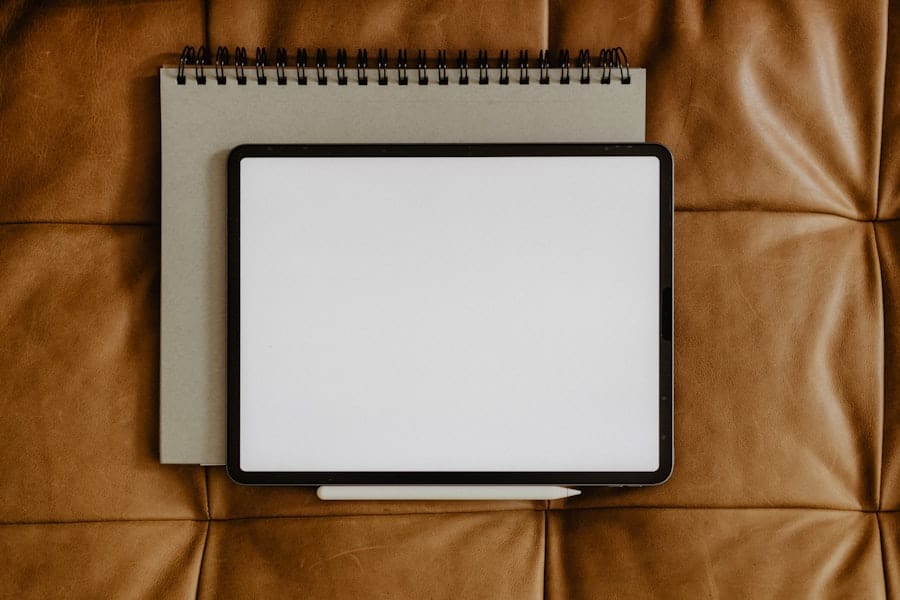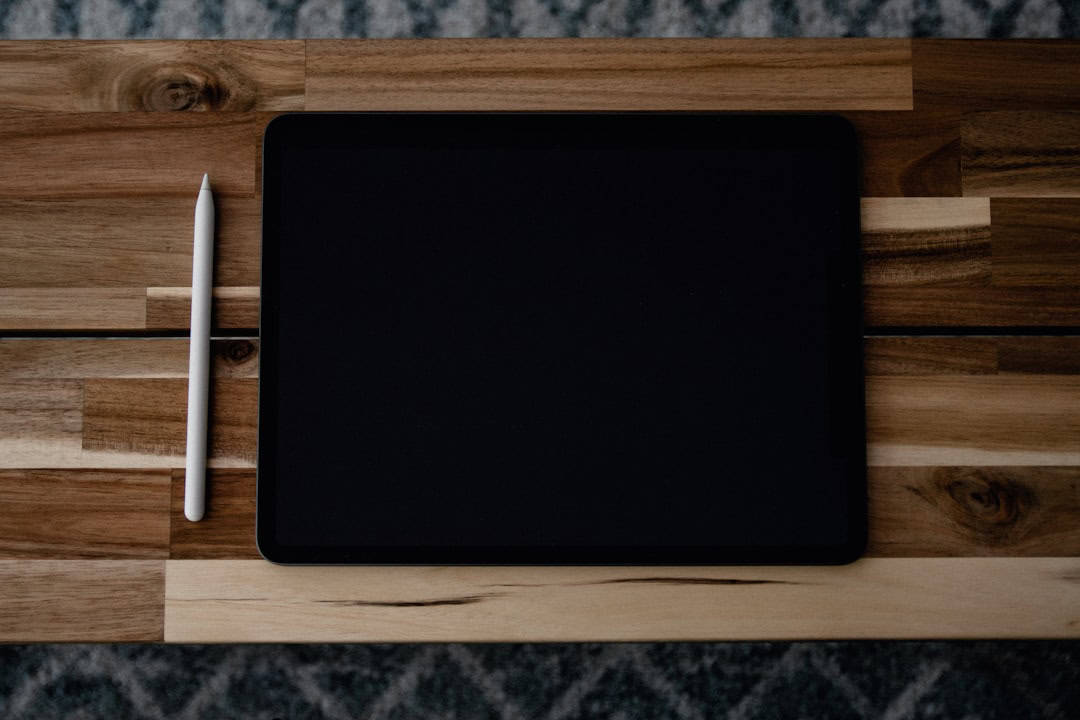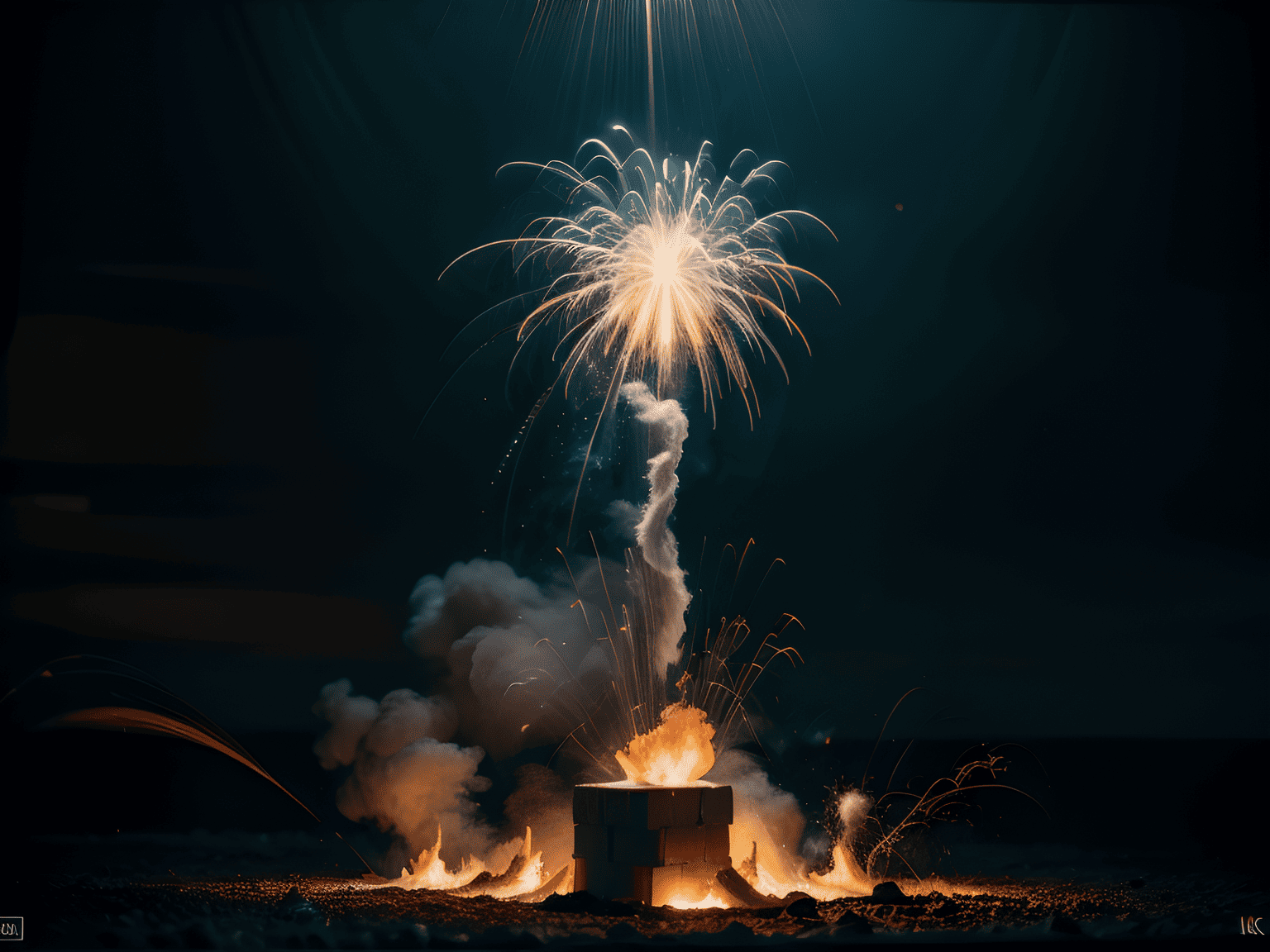Artificial Intelligence (AI) has emerged as a significant force in creative industries, transforming approaches to and engagement with creativity. AI technologies offer the potential to augment and expand human creative capabilities in unprecedented ways. Across various domains, including music composition and visual arts, AI is making substantial contributions to the creative landscape, prompting a reevaluation of traditional concepts of creativity.
As AI systems continue to advance, it becomes increasingly important to examine their role in creative processes and their impact on creative industries. This article explores the multifaceted influence of AI on creativity, analyzing its potential advantages and addressing the associated ethical considerations.
Key Takeaways
- AI has the potential to revolutionize creativity by offering new tools and possibilities for artists and creators.
- AI is impacting creative industries by streamlining processes, generating new ideas, and enhancing the overall creative output.
- The debate over AI’s role in creativity centers on whether it is a tool that enhances human creativity or a threat that replaces human input.
- Examples of AI’s influence on creativity include music composition, visual arts, and content creation in various industries.
- The potential benefits of AI in fostering creativity include increased efficiency, access to new creative tools, and the ability to explore new creative avenues.
The Impact of AI on Creative Industries
Informed Creative Decisions
AI has the ability to analyze vast amounts of data and generate insights that can inform creative decisions. For example, in the field of graphic design, AI can analyze trends and consumer preferences to help designers create more targeted and effective visual content.
New Creative Possibilities
In music composition, AI algorithms can analyze existing music to generate new compositions that are inspired by the style and structure of the original pieces. This has the potential to open up new creative possibilities and push the boundaries of what is considered musically innovative.
Streamlining the Production Process
AI has also had a significant impact on the production process in creative industries. For example, in film and video production, AI-powered tools can automate tasks such as video editing, color correction, and special effects, streamlining the production process and reducing the time and resources required to create high-quality content. This has the potential to democratize the creative process, making it more accessible to a wider range of creators. However, it also raises questions about the role of human creativity in a world where AI can automate many aspects of the creative process.
The Debate: AI as a Tool or a Threat to Creativity

The debate surrounding AI’s role in creativity is complex and multifaceted. On one hand, proponents argue that AI is a powerful tool that can enhance human creativity by providing new insights, automating repetitive tasks, and expanding the possibilities for creative expression. They argue that AI can free up human creators to focus on more complex and innovative aspects of their work, leading to a more efficient and productive creative process.
On the other hand, critics raise concerns about the potential threat that AI poses to human creativity. They argue that as AI becomes more advanced, there is a risk that it could replace human creators altogether, leading to a homogenization of creative output and a loss of individual expression. There are also concerns about the ethical implications of using AI to create content that mimics or replicates human creativity without proper attribution or recognition.
Ultimately, the debate over AI’s role in creativity raises important questions about the nature of creativity itself and the relationship between technology and human expression. It is crucial to consider these questions as we continue to integrate AI into creative industries and explore its potential impact on the future of creativity.
Examples of AI’s Influence on Creativity
There are numerous examples of AI’s influence on creativity across various creative industries. In the field of visual arts, AI-powered tools can analyze images and generate new visual content based on specific styles or themes. For example, some AI algorithms can create original artwork that mimics the style of famous artists such as Van Gogh or Picasso, blurring the lines between human and machine-generated art.
In music composition, AI has been used to create original compositions that are inspired by specific genres or artists. For example, AI algorithms can analyze a composer’s body of work and generate new music that emulates their style, creating new compositions that are reminiscent of the original artist’s work. In literature, AI has been used to generate new writing based on existing texts or themes.
Some AI algorithms can analyze large volumes of text to identify patterns and generate new writing that is stylistically similar to the original source material. These examples demonstrate the potential for AI to influence creativity across a wide range of artistic disciplines, raising questions about the role of human creators in a world where machines can generate original content.
The Potential Benefits of AI in Fostering Creativity
Despite the concerns surrounding AI’s impact on creativity, there are also potential benefits to be gained from integrating AI into creative industries. One of the key benefits is the ability of AI to analyze vast amounts of data and generate insights that can inform creative decisions. For example, in marketing and advertising, AI can analyze consumer behavior and preferences to help designers create more targeted and effective visual content.
AI also has the potential to democratize the creative process by making it more accessible to a wider range of creators. For example, AI-powered tools can automate tasks such as video editing and graphic design, reducing the barriers to entry for aspiring creators who may not have access to traditional creative tools or resources. Furthermore, AI has the potential to push the boundaries of what is considered creatively possible by generating new content that is inspired by existing works or styles.
This has the potential to open up new creative possibilities and expand the scope of what is considered innovative in various artistic disciplines.
The Ethical and Moral Implications of AI in Creativity
Authorship and Attribution
One of the key concerns is the potential for AI to replicate or mimic human creativity without proper attribution or recognition. For example, if an AI algorithm generates a piece of music or artwork that closely resembles the style of a human creator, there are questions about who should receive credit for the work and how it should be attributed.
Bias and Stereotypes in AI-Generated Content
There are also concerns about the potential for AI to perpetuate biases or stereotypes in creative content. For example, if AI algorithms are trained on datasets that contain biased or discriminatory content, there is a risk that they could perpetuate these biases in their own creative output. This raises important questions about how we can ensure that AI-generated content is ethical and inclusive.
The Impact of AI on Creative Employment
Furthermore, there are concerns about the impact of AI on employment in creative industries. As AI becomes more advanced, there is a risk that it could replace human creators in certain roles, leading to job displacement and economic uncertainty for those working in creative fields. These ethical and moral implications highlight the need for careful consideration of how we integrate AI into creative industries and how we can ensure that it is used in a responsible and ethical manner.
Finding a Balance between AI and Human Creativity
In conclusion, the role of AI in creativity is complex and multifaceted, raising important questions about the nature of creativity itself and the relationship between technology and human expression. While there are concerns about the potential threat that AI poses to human creativity, there are also potential benefits to be gained from integrating AI into creative industries. As we continue to explore the impact of AI on creativity, it is crucial to find a balance between harnessing the potential benefits of AI while also addressing the ethical and moral implications that arise from its use.
This will require careful consideration of how we integrate AI into creative industries and how we can ensure that it is used in a responsible and ethical manner. Ultimately, finding this balance will be essential for shaping the future of creativity in a world where AI plays an increasingly prominent role in shaping artistic expression. By carefully navigating these challenges, we can harness the potential of AI to enhance human creativity while also preserving the unique qualities that make human expression so valuable in creative industries.
There is a related article on the Metaversum website that explores the future trends and innovations in the metaverse, specifically focusing on emerging technologies shaping the metaverse. The article discusses how advancements in technology are impacting the way we interact and create within virtual spaces, raising questions about the potential impact of AI on creativity. To read more about this topic, you can check out the article here.
FAQs
What is AI?
AI stands for artificial intelligence, which refers to the simulation of human intelligence in machines that are programmed to think and act like humans.
How is AI used in creativity?
AI is used in creativity to assist in tasks such as generating music, art, and writing. It can analyze patterns and data to produce creative outputs.
Is AI stifling creativity?
There is debate on whether AI is stifling creativity. Some argue that AI can limit originality by relying on existing data and patterns, while others believe it can enhance creativity by providing new tools and perspectives.
Is AI diminishing the essence of creativity?
Some believe that AI is diminishing the essence of creativity by automating creative tasks and reducing the human element in artistic expression. Others argue that AI can expand creativity by offering new possibilities and inspiration.
What are the potential benefits of AI in creativity?
AI can offer benefits in creativity by providing new tools for artists and creators, automating repetitive tasks, and offering new perspectives and insights.
What are the potential drawbacks of AI in creativity?
Drawbacks of AI in creativity include concerns about originality, the potential for over-reliance on AI-generated content, and the impact on the human experience of creating and consuming art.












Leave a Reply